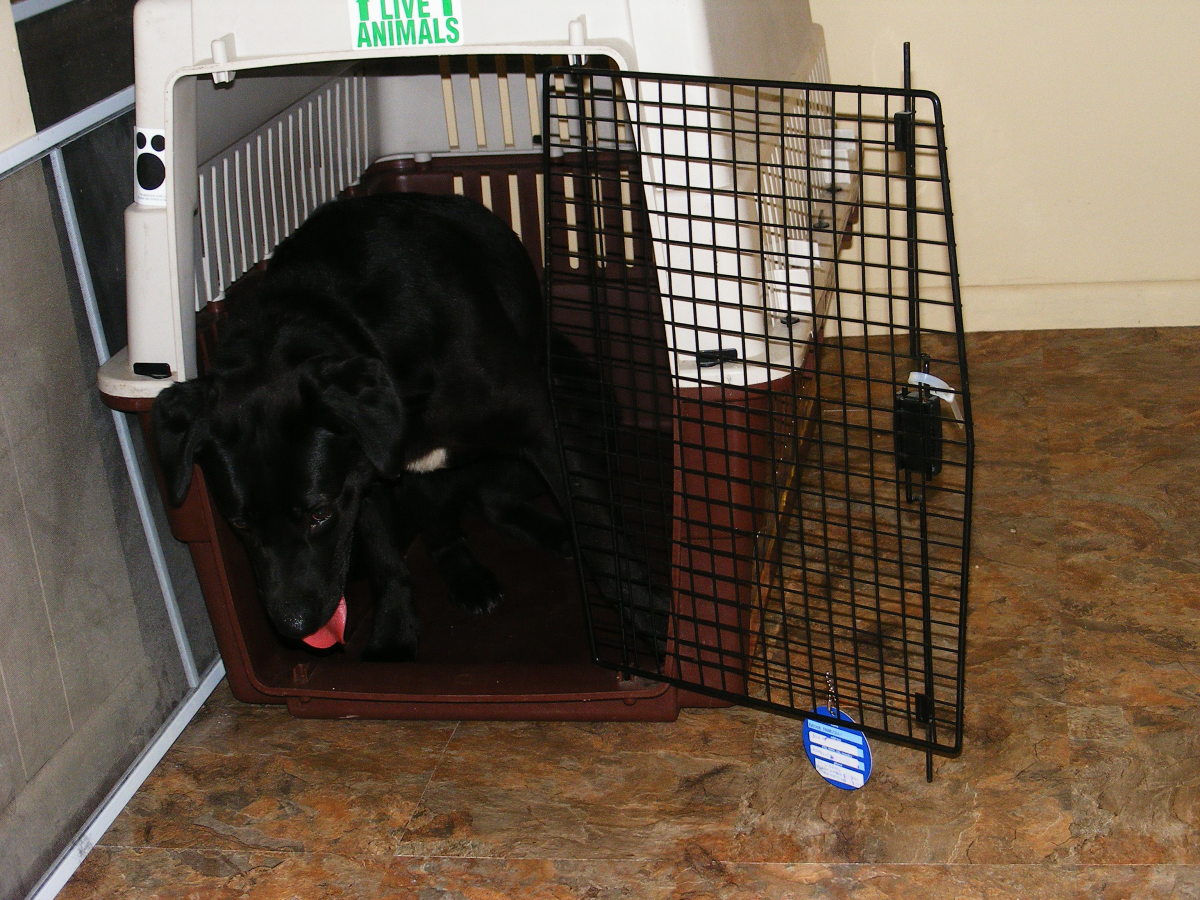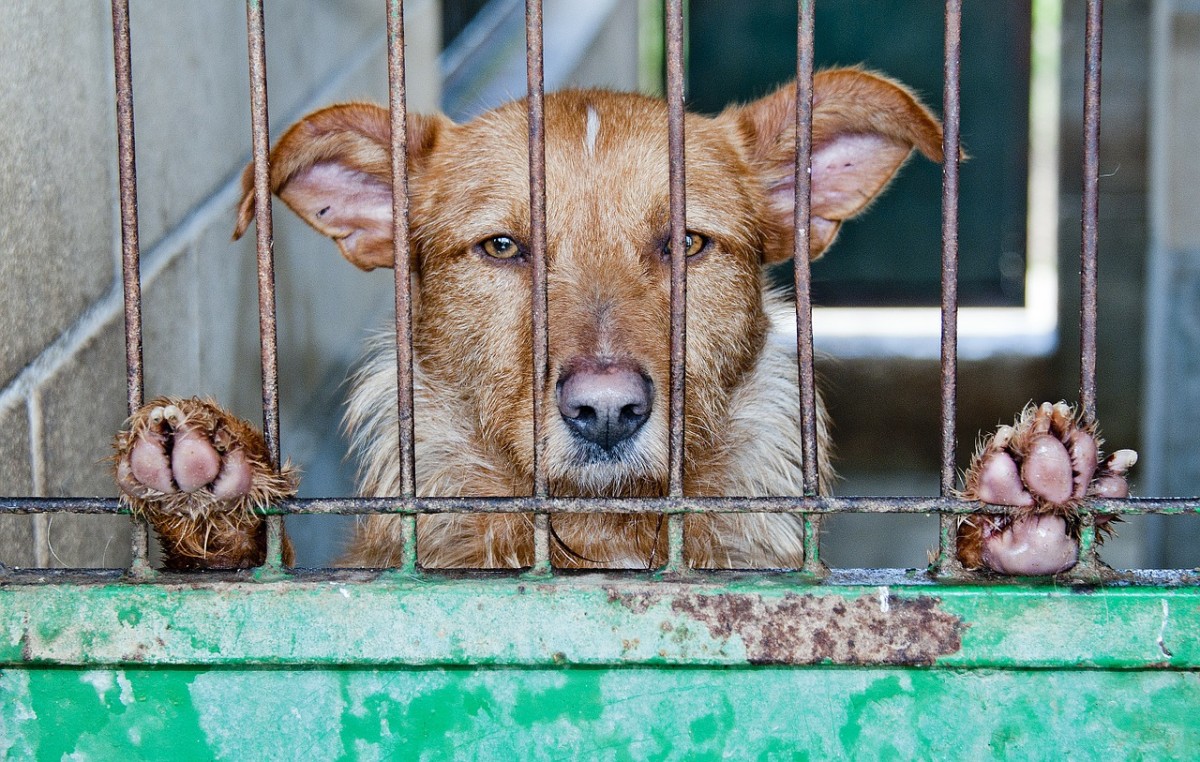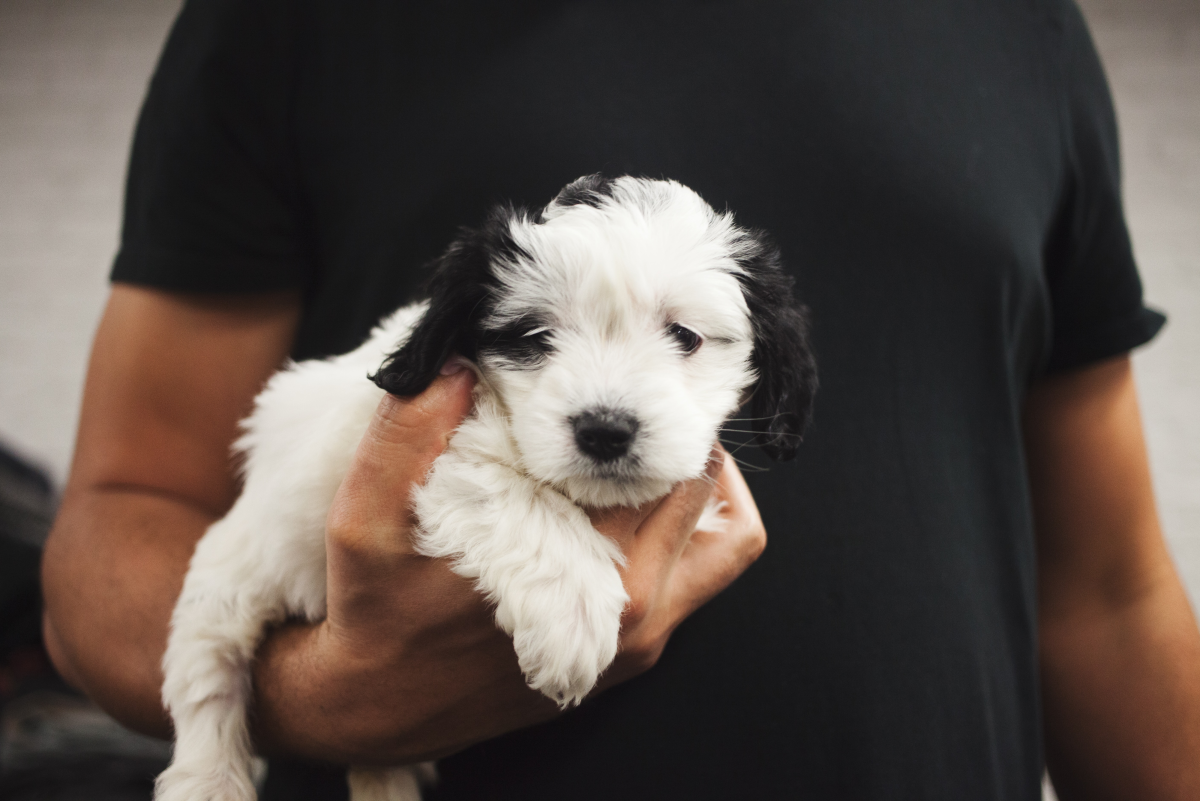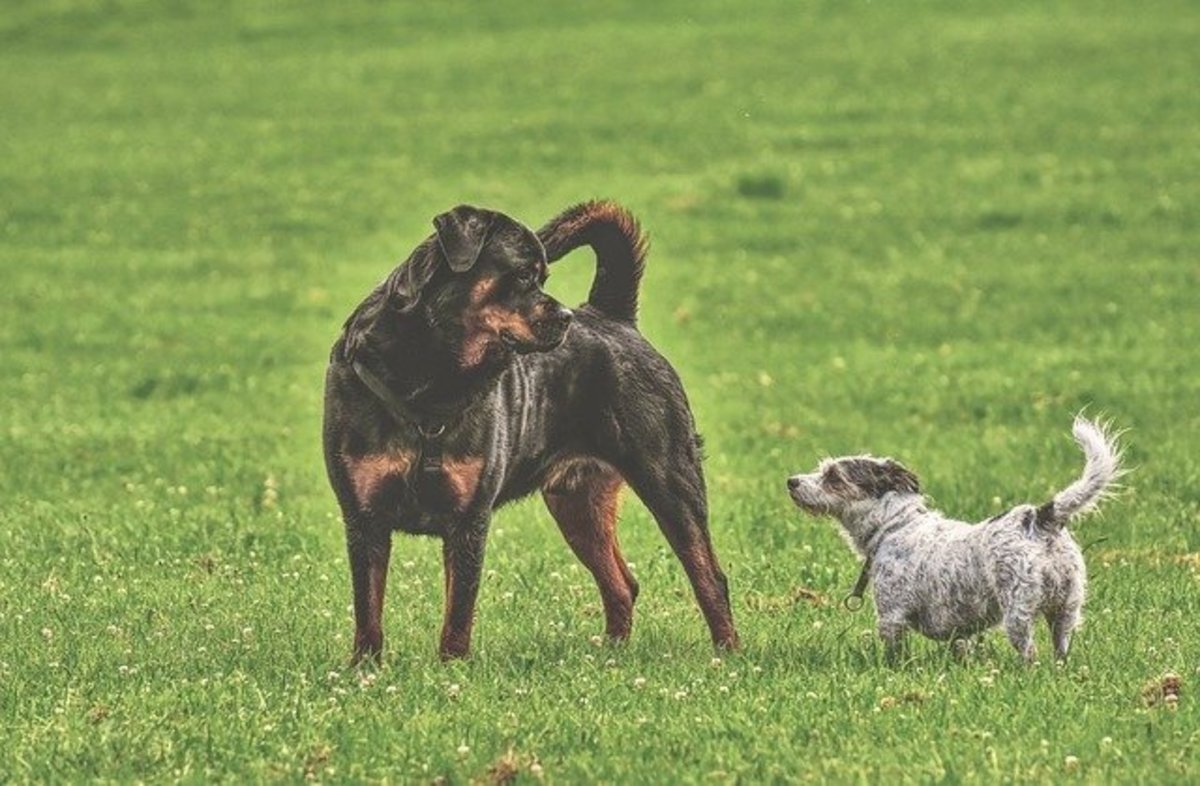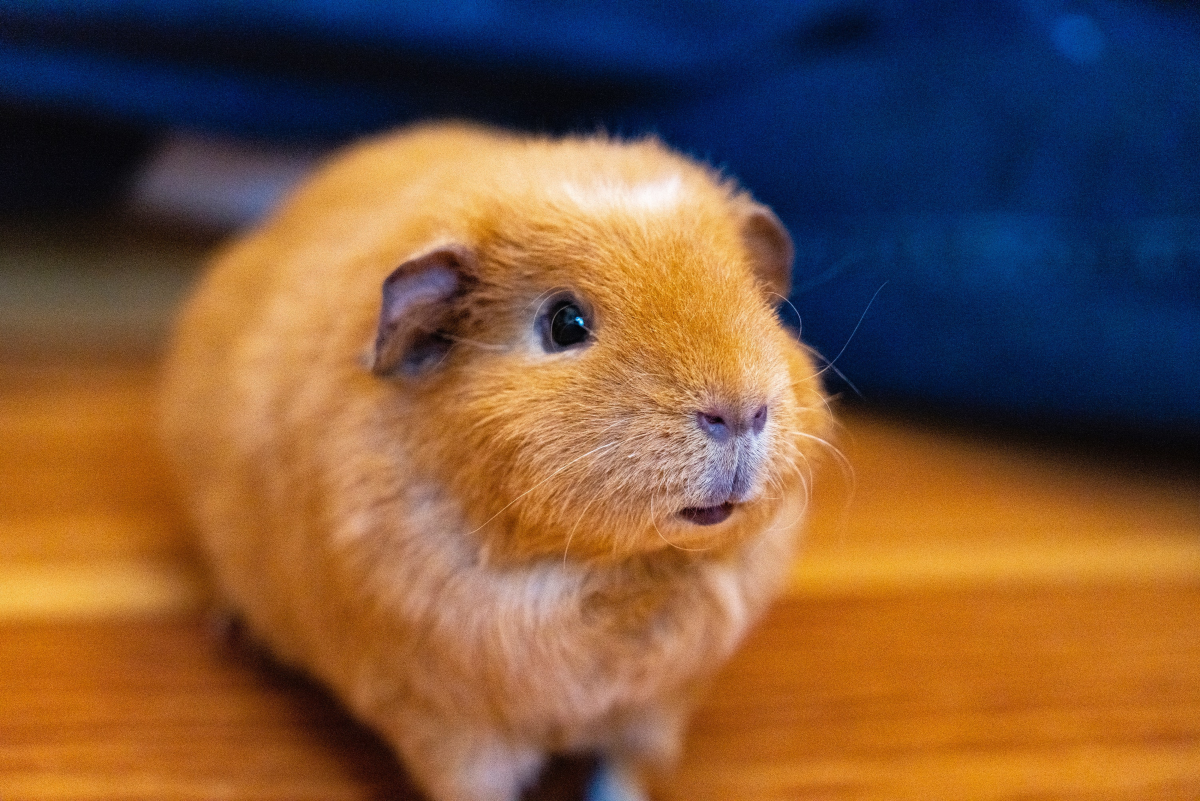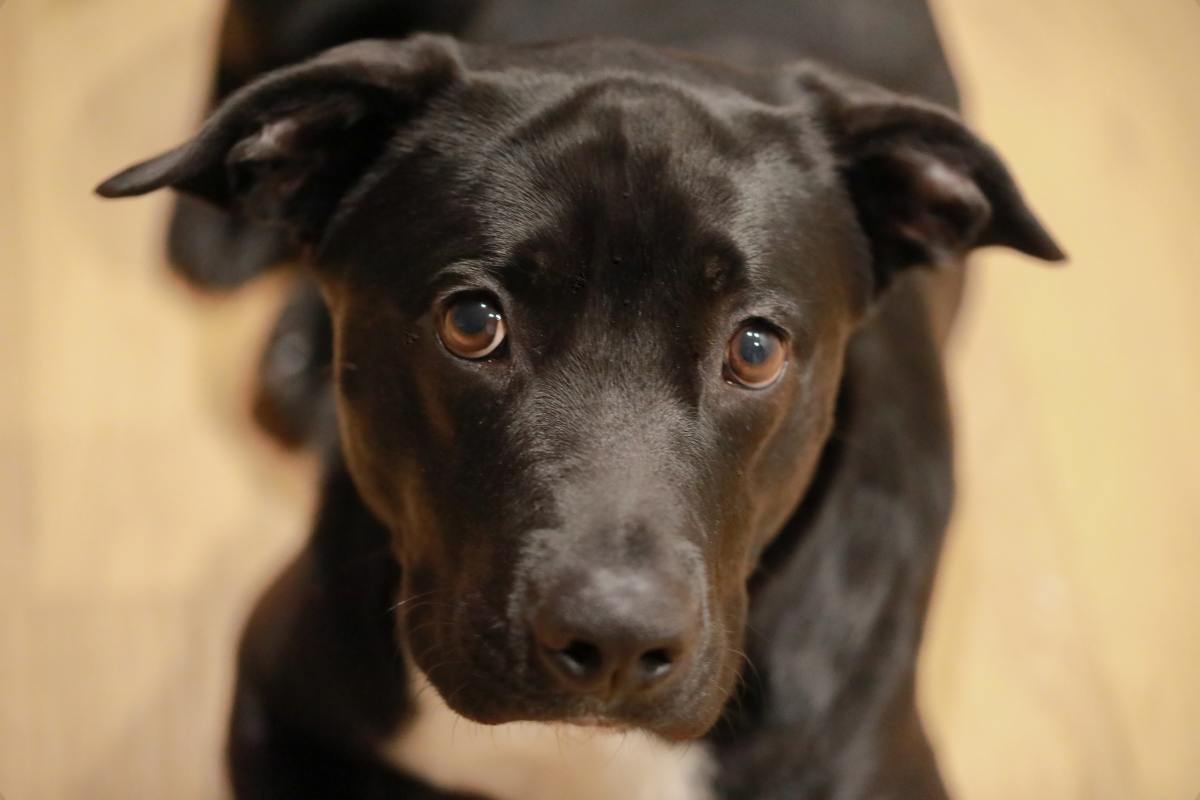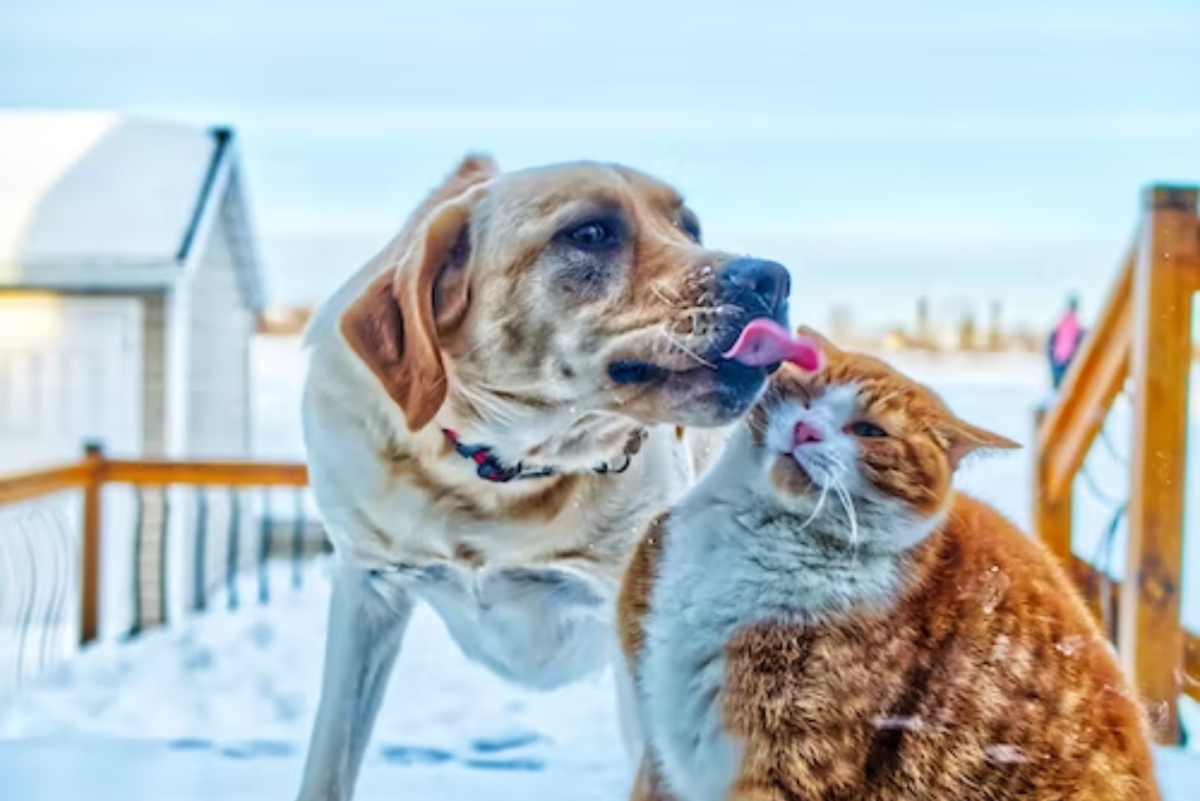How to Keep Puppies or Dogs From Being Sent Back to the Shelter
Choose your rescue dog wisely!
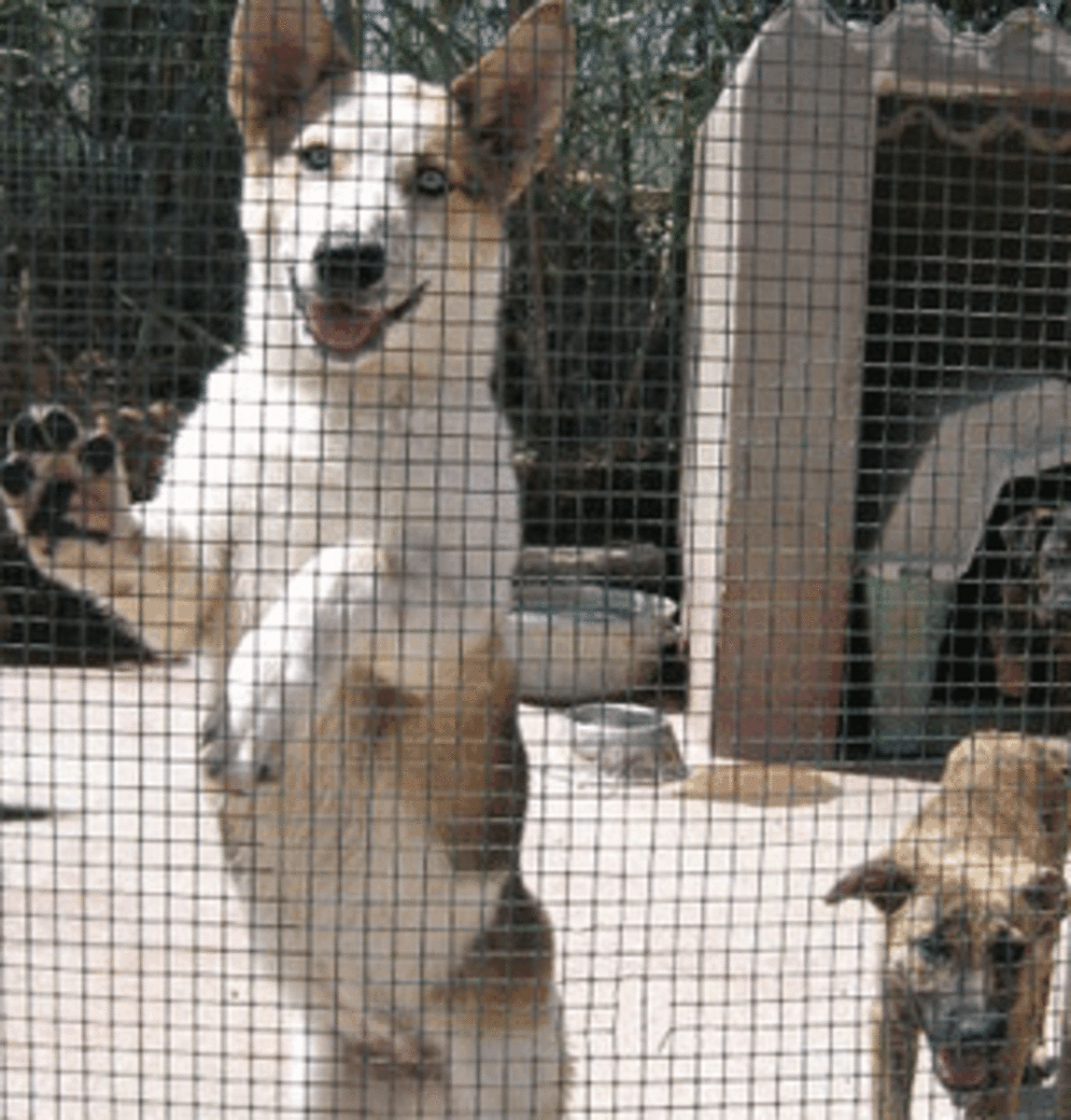
Why are Puppies and Dogs Returned to Shelters?
It is certainly a well-known fact that shelters and rescue groups have their hands full with unwanted puppies and dogs. Many campaigns soliciting public awareness have been started so to educate people about the problem, and hopefully, entice them to visit shelters. What is very unfortunate though is the fact that not all dogs adopted have a happy ending. Indeed, not many people other than shelter employees are aware of the fact that some puppies and dogs are returned shortly after being adopted. These return rates can be pretty significant if they are all summed up together nation-wide. But what causes people do abruptly change their mind? Following are some common reasons:
- The dog did not get along with other pets in the household
- The dog did not get along well with kids
- The dog was not house-trained
- The dog was too hyperactive/boisterous for the owner's taste
- The dog did not listen
- The dog acted aggressively
- The dog caused allergies
- The dog was not a good "fit"
- The dog was not well- trained
While several of these issues may appear like reasonable return issues, some could have ultimately been prevented if only dog owners did a little more research or took a bit of time in allowing the dog to acclimate to the home.The secret to prevent return rates is therefore to carefully make an objective decision before heading to the shelter. It is very easy to go to the shelter and fall in love with a dog sadly pleading you to take him home, without taking other factors into consideration.
A great read for house training
Considerations Before Adopting a Shelter Dog
Opening your heart and home to a shelter dog is a noble act of compassion and it is important to understand what the first days with your dog may entail. Keeping your expectations too high may lead to frustration. Remember: the dog you are getting has likely had a rough start in life and you should expect a few challenges. Just because a dog was surrendered by the owner due to allergies does not mean the owner was totally honest. Many times there is more than just causing a few sniffles to the previous owner. Following are some important considerations:
- Enthusiastic Behaviors are Normal
A dog in a shelter has very likely been closed up in a kennel for quite a long time; this time-frame general varies from one shelter to another depending on their policies. Some over-crowded shelters give dogs a very brief opportunity for adoption, while others may allow more time. Most likely, however, the dog has been closed up for days or weeks with little or no opportunity to exercise. It is totally normal, therefore, for a shelter dog to be a bit on the hyper side and enthusiastic, especially during the first days of being adopted. Think of it as a person being released from prison and then being taken to Disney World the very first day: very likely he or she will be extremely stimulated by all the enticing sights and sounds!
- Some Stress Is Expected
As much as being adopted is great news for a dog, going to a new home may also be scary. New people, new sounds and new smells can be intimidating at first. Some dogs may get stressed and react aggressively to other animals in their new home. These dogs at times just need some time to adjust. It is best not to overwhelm the dog the very first days and limit its area to a small room. A nice walk before entering the home the very first time may help the dog calm down.
The other pets of the family can wait to be introduced; allow your new dog to get used to the your other pet's smell (give a blanket used by your other dog ) and then try to introduce them on neutral grounds a few days later. If you own other dogs, taking them along for a walk with the new dog may be a good introduction. Let the dogs initially interact outdoors and not in small areas in the home, most dogs like to have their own personal space especially when crammed up in new homes.
- Expect Some HouseTraining
A dog in the shelter is often not house trained simply because the dog was possibly kept outdoors. The shelter environment also does not help, as dogs are forced to go potty in their runs whenever the need arises. Some house trained dogs in shelters may do miserably the very first days, because they try to keep it for as long as they can. I remember a Great Dane once who had been keeping his pee for a day and a half. I took him out and that was the longest stream of urine I have ever seen! Fortunately, he was adopted the next day so he luckily never had to get used to potty in the run. It is a good idea to learn as much about house -training a dog before adopting from a shelter; the right techniques and cleaning products may help the dog a great deal. Here is a great house training program for new puppy owners.
Secret Strategies for Potty Training Your Dog
- Invest in Some Training
It is important to allow your new dog or puppy some time to adjust to your home before training and asking some commands. When I foster dogs, I allow them several days to "detox" and act calmer before starting to train. If your dog was never trained, this may be very new to him and he may not even understand what you are asking him to do. Reward-based training methods are ideal to lure these dogs into following directions. If you have the time, obedience training with a positive reinforcement trainer can help tremendously in creating a great foundation and bond.
What breed is your mutt? Discover it with these kits!
How to Choose Wisely
It does not hurt to involve a dog trainer when the big day comes. He or she may help you find a close to perfect match. Keep in mind, though, that a subdued attitude at the shelter may be just temporary; once home, after a few days, your dog may act much more confident than expected. Some dogs look timid at the shelter because they are noises-sensitive and all the dogs barking can cause stress. Following are some recommendation to help you make an informed choice:
- Ask if your shelter temperament tests the dogs upon arrival.
- Check if the shelter has a good reputation.
- Enter the shelter with an open mind; don't let the cuteness factor exclusively affect you!
- Ask to meet the dog that interests you in another room away from the kennels
- Ask if the dog has been tested for resource guarding using 'Assess a Hand"
- Ask to take a dog your are interested in out on the leash (note: pulling is normal for a shelter dog)
- Ask if the dog in question is good with kids/other dog/cats/other pets etc
- If shedding is an issue, ask how much this dog may shed
- Do your home work on the breed!
Choosing a dog in a shelter takes a lot of research and understanding. Many dogs have some level of "baggage" which are issues you may have to work through. If you are looking for a perfectly trained dog you may be at the wrong place. However, the experience of adopting a dog, training it and giving it a chance at life can be remarkably rewarding. This is why people that start adopting from shelters do so again and again. Make it happen if you can, and most likely you will have a treasured companion for many years to come!
Disclaimer: Choosing your new dog requires lots of time and research for making an informed decision. If your new dog is exhibiting behavioral problems, consult with a reputable professional for expert advice. By reading this article you are accepting such disclaimer.
Read my recent story of a dog owner thinking about relinquishing her newly rescued Maltese a few weeks after adoption because of an unexpected behavior: "How to Stop a Dog From Nipping at Ankles and Pant Legs" The owner luckily decided to seek help and invest her time and energy on attempting to fix the problem. Hopefully, it will have a happy ending!
For further reading
- Advantages of Owning a Mutt
The joy of owning a mutt, copyright,gmaikell, morguefile.com Call it a mutt, cur, mongrel, crossbred or more simply a mixed breed, however you like to call them, consider that these dogs are just as lovable as the purebred dogs that come with... - Dog DNA testing
The following cliche' happens more often than thought: a dog owner takes his dog the vet for the the first time. The dog was adopted by the shelter. The animal hospital receptionist types all the main characteristics of the dog so to make him... - Should You Breed Your Dog? Test Your Dog's Eligibili...
Learn if you should breed your dog and why. Take a test and see if your dog is good breeding material. - What Breed is my Dog? The Canine Heritage Breed Test...
mutt and rottweiler, adry Ever debated if your mutt is part Doberman? Or perhaps part hound? What if it is has that ''something'' that reminds you of a Husky? If your mixed breed's appearance leaves you...



